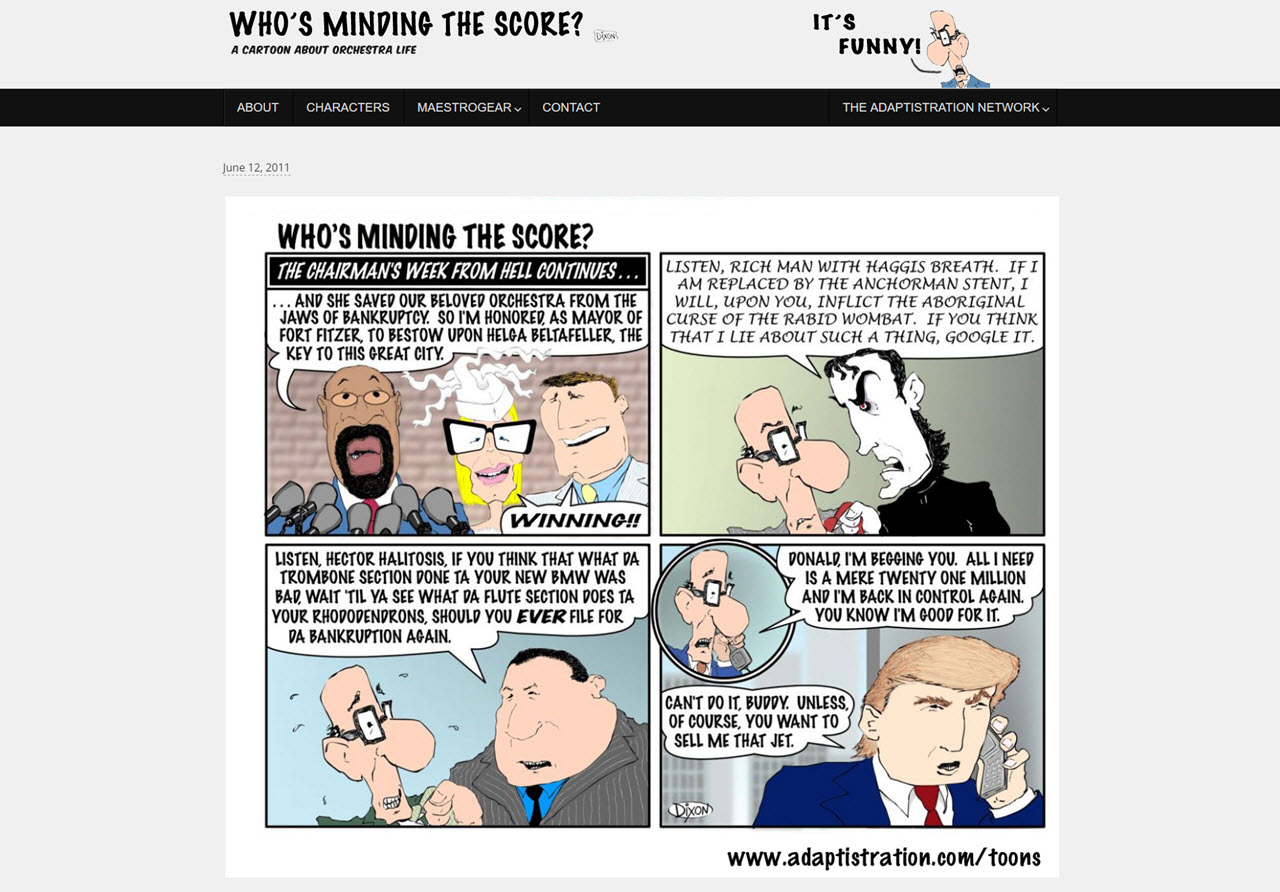The recent news that the Honolulu Symphony will receive a $4 million matching grant from the state of Hawaii is welcome relief for an organization that has been skating on thin ice as of late. How thin? At the end of 2003, the musicians accepted a 20% across the board pay cut in order to stave off bankruptcy. Since then the organization cut their executive director loose, undergone a board split, and recently lost their interim executive director after disagreements over the search process and day-to-day administrative issues…
Add to that torrential rain over the past few months which triggered mud slides plus mass flooding and Honolulu appears more like a relief project than an island paradise. However, the state has admirably tossed the orchestra a life preserver in the form of a $4 million matching grant. According to an article by Michael Tsai in the 5/16/06 edition of the Honolulu Advisor, the state also approved a $150,000 one time grant to boost educational activity.
Of course, a matching grant means you have to actually go out and raise the same amount of funds in a set period of time, often with specific parameters and benchmarks along the way. If the Honolulu Symphony board and development staff can pull it off, they will more than double their existing endowment and put them $4 million away from their strategic goal of $20 million.
The fly in the soup becomes apparent when you consider the points mentioned above about the rocky state of the orchestra’s current leadership. Without a dedicated effort from board leaders, the matching fundraising efforts would likely fail. This is where the entire organization is going to have to pull together in order to make sure no one falls along the way:
Board members are going to need to put aside personal differences and likely have to eat some crow in order to garner support among recent members which left due to the split (after all, an island is a really small place).
Without an executive leader in place, managers and staffers will need to find inspiration from within and offer each other mutual support all while resisting the lure of laziness and apathy that results from having no executive oversight.
Musicians will need to organize themselves enough to collectively support board activity and operations while simultaneously watching over shoulders to make sure no one is falling behind in their responsibilities (not to mention maintain their artistic edge so the board and managers have something worth selling).
The local media will need to take an active interest in the project and keep the events in the public eye right up to the finish line. Writing articles which are engaging, entertaining, and enlightening will be crucial to efforts. To that end, the board, staff, and musicians will need to offer time, information, and details to reporters along the way.
On top of this, the organization will need to identify an executive leader as well as a new music director. Piece of cake, just don’t look down…


